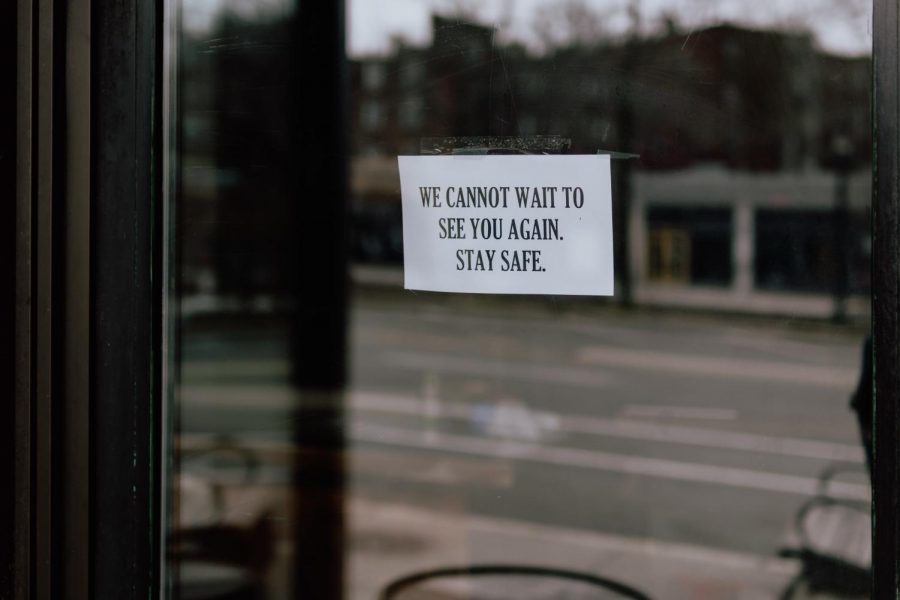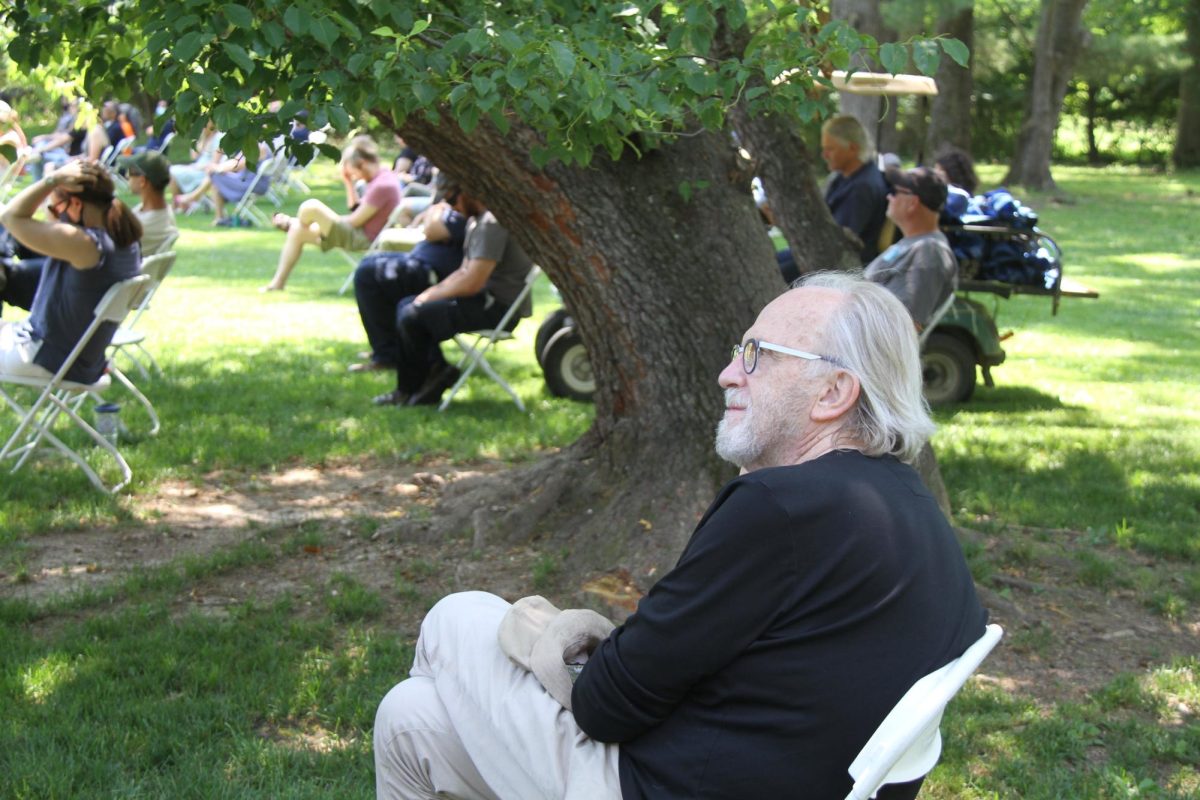Non-Essential Businesses Should Remain Closed
Though stores around the nation have closed due to the pandemic, some have begun to open. (Photo/Kelly Sikkema/Unsplash)
May 15, 2020
Various governors across the U.S. have recently chosen to disregard the health recommendations advised by the CDC, instead allowing certain activities to resume as normal. Restaurants, businesses and gathering spaces have reopened too fast and too soon in many states, including Colorado, Maine, and South Carolina. In Colorado, offices were permitted to reopen given that the gathering space was at 50 percent capacity. In Maine, Governor Janet Mills has allowed locals to go to car wash stations and barber shops. Across America, there has been a growing disregard and protest for social distancing measures, begging the question: is it actually safe to reopen non-essential businesses?
Senior Alex Glezer noted that “by opening up these businesses and lifting certain regulations regarding social distancing, these states are subjecting people to an increased risk of exposure to the virus.” Glezer said that this could “potentially cause a greater spread of the disease.” It is important that the health and safety of all should be local governors’ top priority. Junior Aaron Phogat agreed, noting that “until this infection period is over, we should continue to have only essential stores open.”
Conversely, many states are taking serious measures to prevent any possible COVID-19 transmission. In New Jersey, Governor Phil Murphy has enforced a shutdown of all non-essential businesses. As junior Carl Coetzee added, “in our current technological state with no vaccines, not enough testing, and no reliable treatment, [no state] should be reopening [non-essential businesses] so soon.” However, Some business owners have completely ignored government orders. In Dallas, Texas, a nail salon owner was given a week-long jail sentence and at least $3,500 in fines after reopening her salon, after the order for the closure of all non-essential businesses. This decision then led to a heated debate about whether the arrest of this salon owner was the right course of action.
In the future, Coetzee believes that “America will quit lockdown [due to the] mental burden of locking people inside for weeks on end and eventually, [non-essential businesses] will just reopen, virus or not.” He noted that there is clearly a “mental health factor that cannot be ignored when we try to lock people up in their houses for this long.” Staying indoors in quarantine can cause one to feel lonely and isolated, which may take a toll on one’s mental health.
Some students at PDS have opened their creative outlets during quarantine and picked up new hobbies, like painting and drawing. Others have turned to social media to stay in touch with family and friends. These are great ways to take care of your mental health during these difficult times. Although no one knows for sure whether America will quit the COVID-19 lockdown, many members of the PDS community believe that non-essential business should remain closed, for the health and safety of all.






